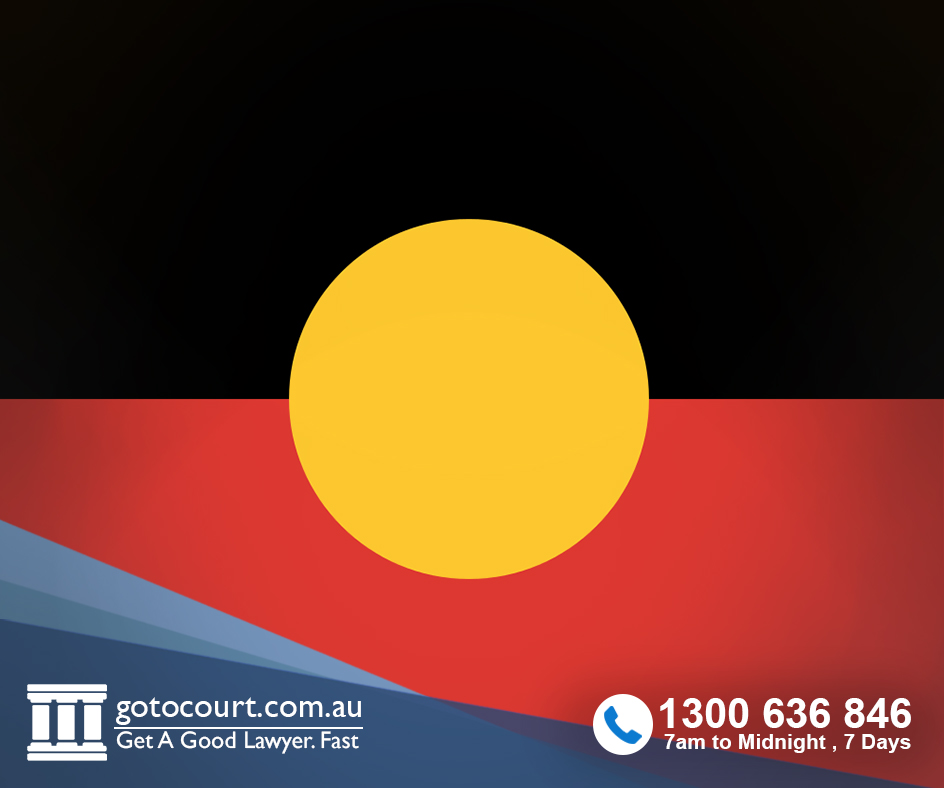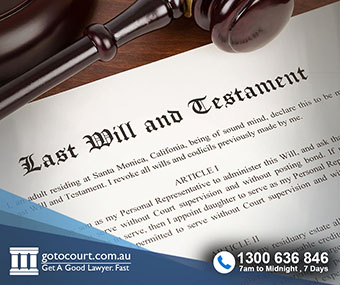Residential Tenancies (Vic)
Residential Tenancies (Vic)
In Victoria, residential tenancies are governed by the Residential Tenancies Act 1997 and the Residential Tenancies Regulations 1998. These pieces of legislation contain the rights and responsibilities of tenants and landlords, and the processes for resolving tenancy disputes. There have been numerous changes to tenancy law in Victoria in recent years, with the latest changes to come into effect in late 2025. This page gives a brief overview of residential tenancy law as it now stands in Victoria.
2025 changes
The rental changes that will come into effect during 2025 are contained in the Consumer and Planning Legislation Amendment (Housing Statement) Reform 2024 and include the following.
Rent
The Act will state that premises must be rented at a fixed price. Landlords must not accept offers of higher amounts of rent than the advertised price.
Landlords will have to give 90 days’ notice of a rental increase.
Landlords must not require tenants to pay rent through a method that involves being charged a transaction fee.
Eviction without grounds
Under the changes, landlords will no longer be able to terminate a tenancy without an acceptable reason.
Rental Dispute Resolution Victoria
The changes also create a new agency, Rental Dispute Resolution Victoria, to assist with resolving tenancy disputes.
Rights and obligations of landlords and tenants
Under the Residential Tenancies Act 1997, tenants have the right to quiet enjoyment of the rental property and the right to be given information about their rights and duties. Tenants must not use the premises for any illegal purpose, must pay their rent on time, and must keep the property reasonably clean and avoid causing damage. If damage does occur, the landlord or agent must be notified.
Landlords have the right to enter the property at any time with the agreement of the tenant, or after giving seven days’ notice. Landlords must ensure that premises are vacant, reasonably clean and in good repair at the start of a lease. Landlords must ensure that the premises comply with the rental minimum standards, which include having a functioning bathroom, safe access to electricity, a kitchen, lighting, and external doors with functioning deadlocks.
Residential tenancy disputes
Residential tenancy disputes may involve disputes about the refund of the bond, the payment of rent, repairs of the rental property, or the termination of a tenancy.
Parties should try to settle residential tenancy disputes directing with the other party where possible. Where parties cannot reach an agreement, a specialist conciliation service offered by Consumer Affairs Victoria can be used for some residential accommodation issues. This process will involve an impartial person assisting parties to identify the issues and explore options for resolution.
If conciliation cannot settle the dispute, the matter may be taken to the Victorian Civil and Administrative Tribunal (VCAT).
Consumer Affairs Victoria can also issue infringement notices against parties that breach certain provisions of the Residential Tenancies Act 1997.
VCAT tenancy disputes
VCAT hears disputes between tenants and rental providers, rooming house owners and rooming house renters, Director of Housing and public housing tenants, and caravan park owners and caravan park residents. It does not hear neighbourhood disputes or disputes between one tenant and another.
VCAT has a jurisdictional limit of $25,000.
Commencing VCAT proceedings
If you want VCAT to hear your residential tenancy dispute, you must file an application, which must be accompanied by all the evidence and information you intend to rely on in the hearing. There is also an application fee.
The applicant may either lodge the application at VCAT and serve a copy on the respondent (the other party) within seven days or serve it on the respondent first and then lodge it at VCAT within seven days.
Respondents may defend themselves at the VCAT hearing, and/or file a counterclaim.
A person may represent themselves during VCAT proceedings, or they may be represented by a lawyer.
If you require legal advice or representation in any legal matter, please contact Go To Court Lawyers.

Affordable Lawyers
Our Go To Court Lawyers will assist you in all areas of law. We specialise in providing legal advice urgently – at the time when you need it most. If you need a lawyer right now, today, we can help you – no matter where you are in Australia.How It Works




1. You speak directly to a lawyer
When you call the Go To Court Legal Hotline, you will be connected directly to a lawyer, every time.

2. Get your legal situation assessed
We determine the best way forward in your legal matter, free of charge. If you want to go ahead and book a face-to-face appointment, we will connect you with a specialist in your local area.

3. We arrange everything as needed
If you want to go ahead and book a fact-to-face appointment, we will connect you with a specialist in your local area no matter where you are and even at very short notice.


















